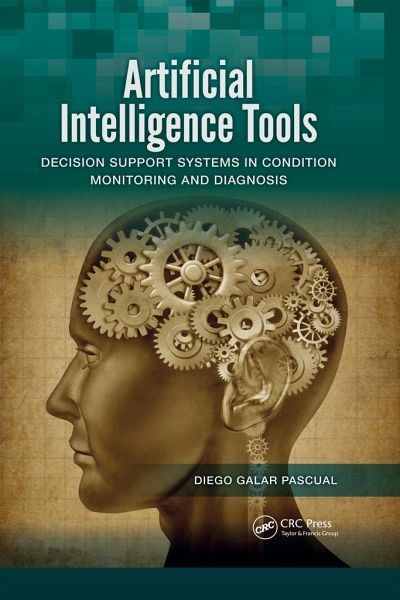
Artificial Intelligence Tools
Decision Support Systems in Condition Monitoring and Diagnosis
Versandkostenfrei!
Versandfertig in über 4 Wochen
244,99 €
inkl. MwSt.
Weitere Ausgaben:

PAYBACK Punkte
122 °P sammeln!
This book discusses white- and black-box approaches to fault diagnosis in condition monitoring, delivering a thorough evaluation of the latest artificial intelligence tools. It addresses nearest-neighbor-based, clustering-based, statistical, and information theory-based techniques, considering the merits of each technique as well as the issues associated with real-life application. It covers classification methods, from neural networks to Bayesian and support vector machines. It proposes fuzzy logic to explain the uncertainties associated with diagnostic processes. It also provides data sets, ...
This book discusses white- and black-box approaches to fault diagnosis in condition monitoring, delivering a thorough evaluation of the latest artificial intelligence tools. It addresses nearest-neighbor-based, clustering-based, statistical, and information theory-based techniques, considering the merits of each technique as well as the issues associated with real-life application. It covers classification methods, from neural networks to Bayesian and support vector machines. It proposes fuzzy logic to explain the uncertainties associated with diagnostic processes. It also provides data sets, sample signals, and MATLAB® code for algorithm testing.













